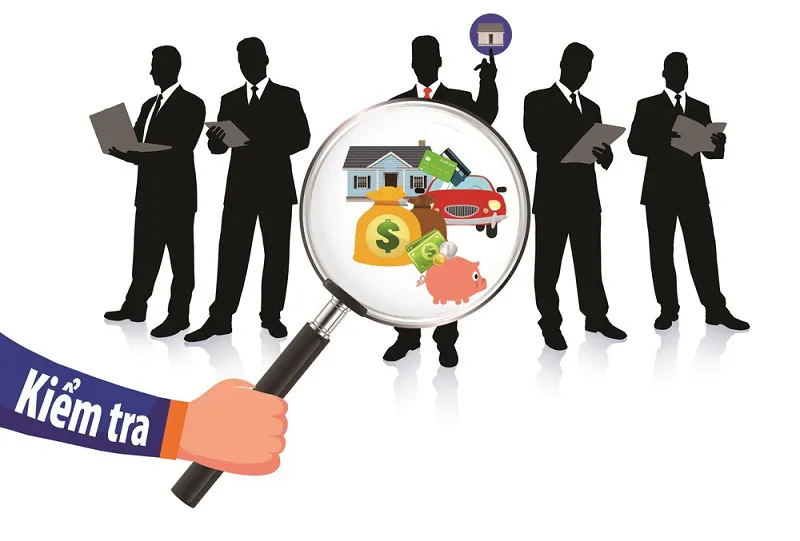Is assets declaration by Vietnam’s high-ranking officials effective?
The declaration is believed to be more effective only when having a transparent mechanism that is more trustworthy than the current process.
The Government Inspectorate of Vietnam has asked high-ranking officials to make assets declaration within March as part of efforts to curb corruption.
| Assets declaration is believed one of Vietnam's tools against corruption. Source: Tien Phong |
State employees holding the post of deputy department and higher, police and army officers, candidates for the National Assembly and the People Council are subject to the assets declaration.
The declaration covers kinds of assets, flows of assets, and origin of assets. Results of the declaration would be public in the agencies they work for or at the bodies’ meetings.
Assets declaration is believed one of Vietnam’s tools to curb corruption among state cadres. Authorized agencies likely check randomly part of the assets to see if the declaration is trustworthy, according to Dr Dinh Van Minh, head of the Government Inspectorate’s Legal Department.
Francesco Checchi, a regional anti-corruption advisor of the United Nations Office on Drugs and Crime in South East Asia and the Pacific, told Hanoitimes that Vietnam should build a mechanism that closely monitors the asset declaration among senior civil servants to make the country’s efforts against corruption more effective.
"A transparent mechanism will be an effective tool to make the declaration more trustworthy than the process at the present," Francesco Checchi said.
A lack of specific analysis on conflict of interest together with unsubstantial assets declaration, and loose supervision challenges Vietnam’s anti-corruption process, he noted.
Francesco Checchi recommended that Vietnam should use different tools to fight corruption, especially encouraging the participation of the whole society.
Vietnam should facilitate and promote the participation of different sectors, mostly the private sector and the press in implementing the United Nations Convention against Corruption, mainly when it comes to the prevention and recovery of stolen assets, the advisor emphasized.
"Civil servants should be required to declare more items, namely loans and debts when building or buying homes, and make a report on the unclear additional income of opaque origin as well as accountability," he noted.









